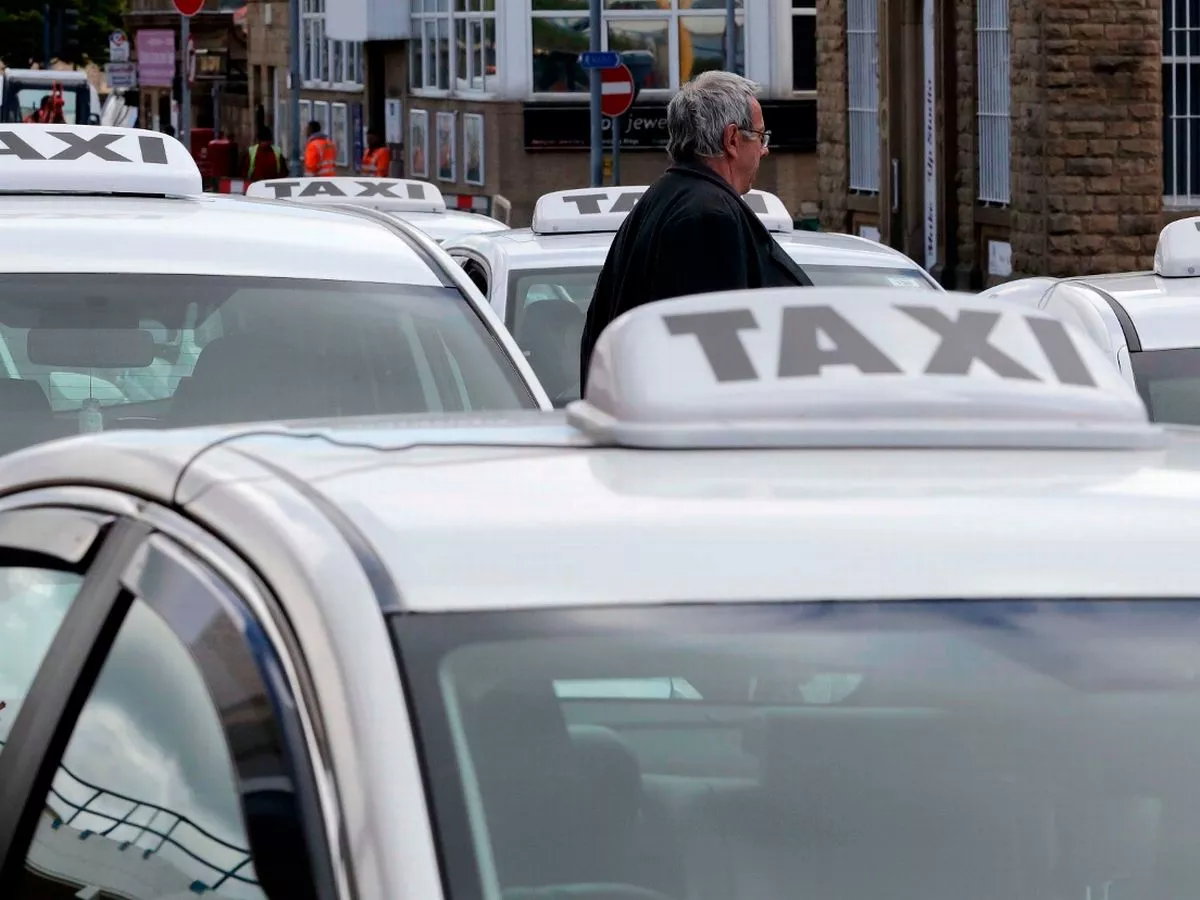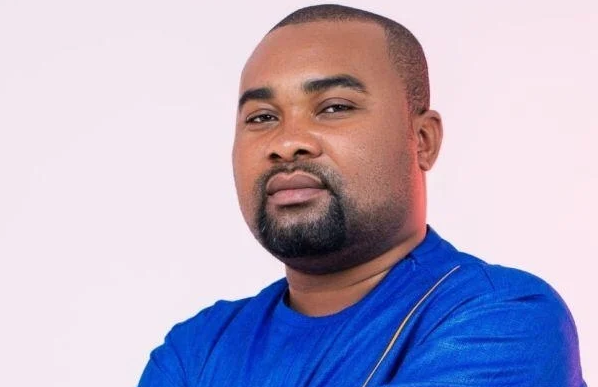By Ivan Morris Poxton
Copyright grimsbytelegraph

Councillors have discussed ways in which safeguarding policy on taxi licences in North Lincolnshire can be strengthened even more, after a significant national report. Officers heard detail on the rigorous safeguarding the local authority already has for taxi licences, and discussed possible additions, such as making CCTV mandatory. The Casey Report this summer was an audit into group-based child sexual exploitation and reviews and practice into stopping this since 2015. It included a section on safeguarding and taxi licensing, suggesting mandatory CCTV in all taxis. North Lincolnshire Council ‘s place scrutiny panel picked this up and asked council officers to explain the local authority’s approach to taxi licensing. Councillors were told the council already goes beyond Department for Transport required guidance, which it has followed for many years. Good practice elements the council already follows include: The knowledge and safeguarding test has been required in North Lincolnshire since the 2014 Jay Report. This called for more rigorous taxi licensing after the Rotherham grooming scandal. The safeguarding part includes multiple-choice questions and a case study. A 70 per cent pass mark is set for the multiple choice. Did you know you can get all the latest Scunthorpe headlines sent straight to your inbox for free? All you have to do is click this link and we’ll update you on all the latest stories as they happen. The Casey Report recommends a 100 per cent pass mark for the test. “Whilst the report recommends it’s 100 per cent, we feel it’s quite hard to pass,” said the council’s head of trading and standards, Richard Cropley. The council’s safeguarding test pass rate is 50 to 70 per cent, and it has had complaints it is too difficult to pass. A lead licensing officer at the council had been asked how many would pass based on a 100 per cent pass mark for the multiple choice, officers shared. She said none would. Baroness Casey’s report highlighted different test standards, and Mr Cropley stated the National Institute of Licensing is looking at a standardised test. Meanwhile, the council would stick to its current test and pass mark. Mr Cropley said mandatory CCTV was previously considered, but rejected. Legal and information governance advice was that the council would be responsible for all data protection with that. The council permits taxis to voluntarily have CCTV, within limitations on the camera and its use. Its director of communities stated take-up was “nominal”. “It’s the same position that many authorities have taken,” Mr Cropley stated. It was understood Rotherham Metropolitan Borough Council have made CCTV compulsory. “We do know that the National Institute of Licensing are looking at this following the Casey Report, to provide guidance to local authorities to help consider further data protection issues.” Panel chair Cllr Ian Bint (Conservative – Axholme North) felt protection of children from harm “has to be a higher priority than the theoretical risk of the data controller”. “I’d certainly encourage we revisit that because other local authorities are doing it.” Baroness Casey’s report also raised taxi drivers licensed in other local authorities under less rigorous standards operating in another area. Mr Cropley said, “It’s a frustration we share.” Being licensed in a particular authority does mean, though, the driver and operator must be licensed in the same area. The vehicle must also be tested there, and bookings come from there only. Cllr Bint said the officers’ presentation had “given a lot of assurance” on existing taxi licensing safeguarding practice. “We’re all agreed that one thing North Lincolnshire Council is extremely good at is being ahead of what’s happening nationally,” added children’s scrutiny panel chair, Cllr Trevor Foster (Conservative – Ridge). Officers were thanked and asked to return in six months for an update on elements including on CCTV and the associated data protection issue.



